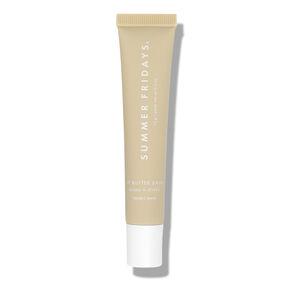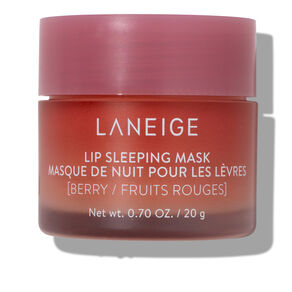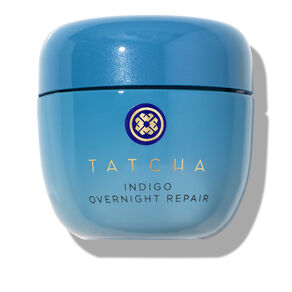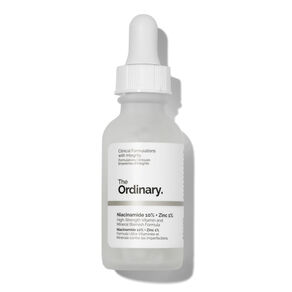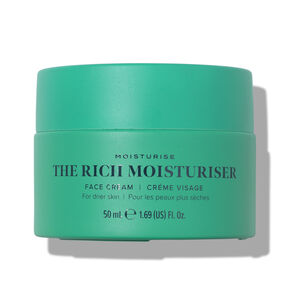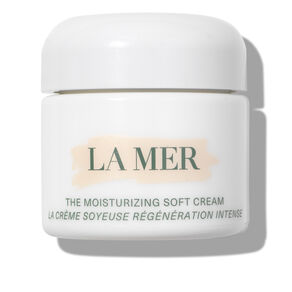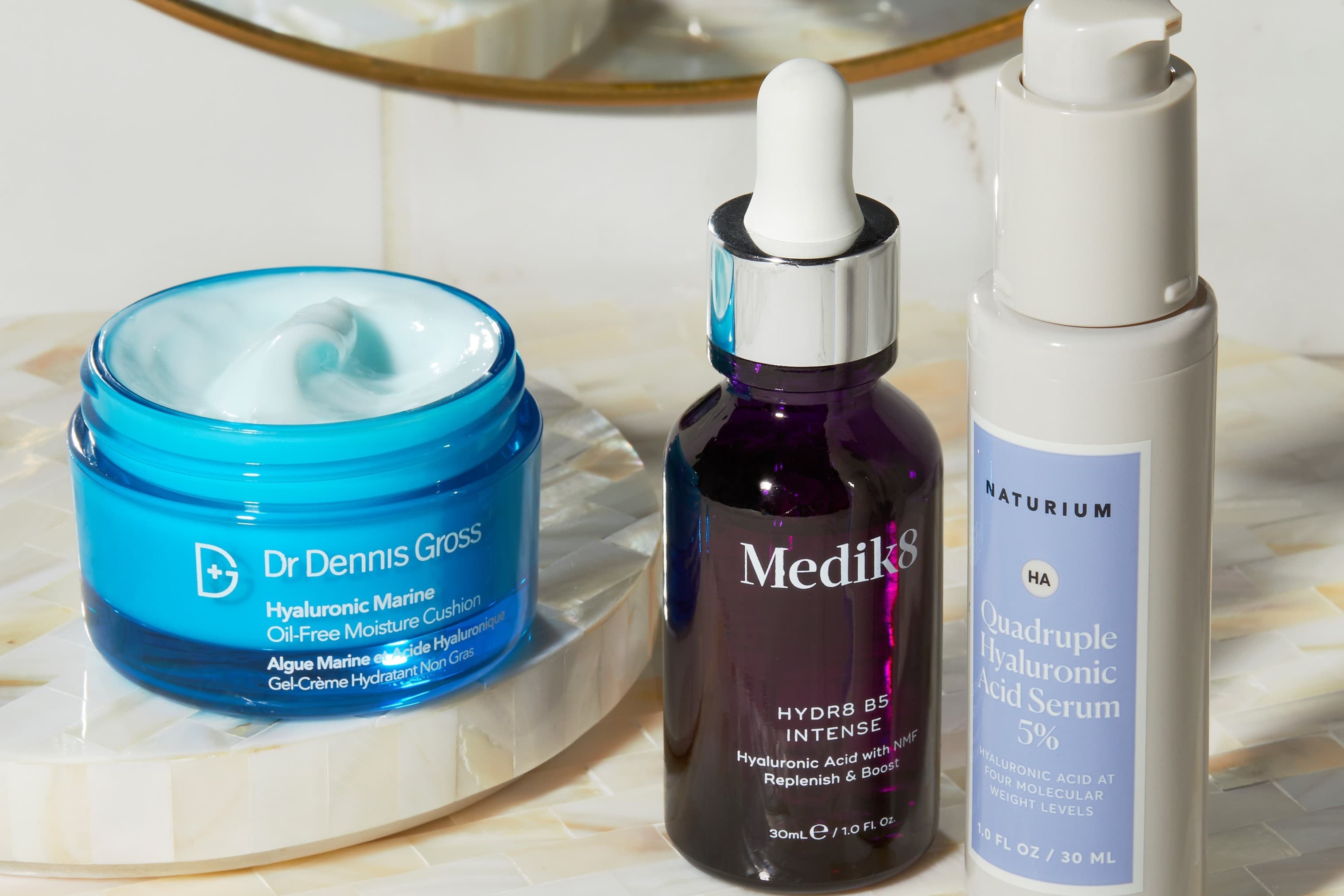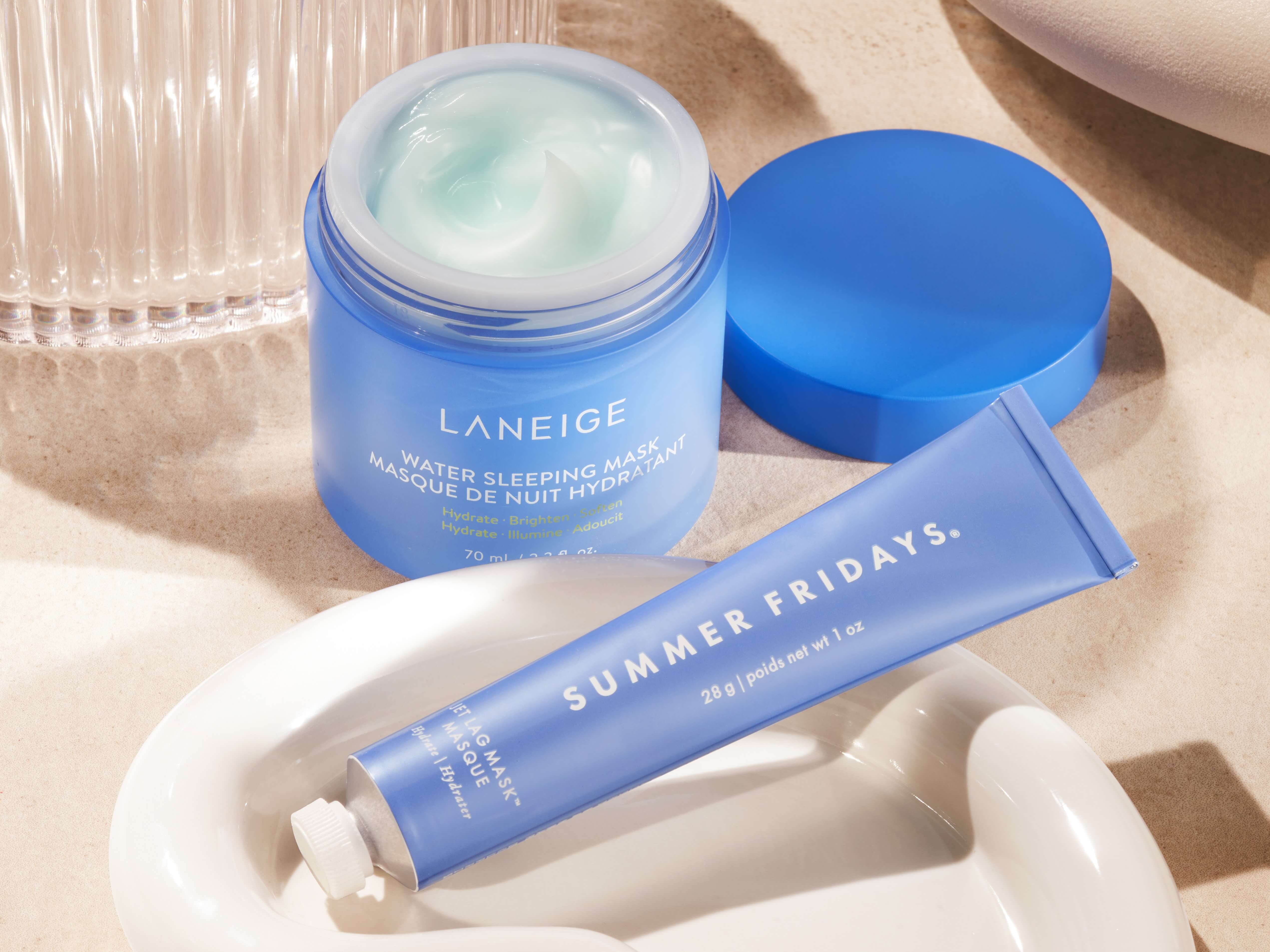Skincare For Dry Skin
Skin feeling tight, flaky, or rough in texture? It’s time to give your dry skin some serious TLC. Build a custom routine with our edit of ultra-hydrating cleansers, hyaluronic acid serums, moisturisers, body creams, lip balms, and more. With a helping hand from top brands like Kiehl's, The INKEY List, Tatcha, and LANEIGE, your skin will feel softer, smoother, and glowier in no time.
Your Questions, Answered
Dry skin can be genetic, but it can also be caused by ageing and environmental factors such as hot, dry or windy weather, and abrasive chemicals that damage your skin barrier. Internal factors such as poor nutrition or excessive cleansing and exfoliating can also cause dry skin, as can conditions like eczema, psoriasis or dermatitis.
If you have dry skin, look for the following ingredients in your skincare routine:
- Hyaluronic Acid: A humectant that attracts and retains moisture in the skin.
- Ceramides: Lipids that make up roughly 50% of the outer layer of your skin and help to lock in moisture.
- Glycerin: A humectant, similar to hyaluronic acid, that aids skin hydration and helps to repair your skin barrier.
- Vitamin B5: Works to strengthen the moisture barrier and seal in hydration.
- Squalane: An oil-like substance that mimics your skin’s natural oils and helps to seal in moisture.
The key to relieving dry skin is a consistent skincare routine tailored to your skin’s needs. Start with a gentle cleanser like Kate Somerville Goat Milk Cleanser, and rinse with lukewarm water. Follow up with a hydrating serum, such as The INKEY List Hyaluronic Acid, and seal it in with a rich moisturiser; we recommend Tatcha Dewy Skin Cream for that luminous, glass-skin look. Finally, finish with a nourishing lip mask like LANEIGE Lip Sleeping Mask.
While you can’t cure dry skin overnight, you can help ease the dryness by using the right products. Start by layering a deeply hydrating serum to replenish moisture, then apply a dry skin moisturiser or overnight mask. By morning, your skin should feel softer and more supple.
Dry skin is a skin type that naturally produces less oil (sebum), which can lead to flakiness, tightness, and irritation. Dehydrated skin, on the other hand, is a skin condition that occurs when the skin lacks water - even oily or combination skin can become dehydrated.


